The economic crisis caused by the coronavirus pandemic poses a triple challenge for tax policy in the United States. Lawmakers are tasked with crafting a policy response that will accelerate the economic recovery, reduce the mounting deficit, and protect the most vulnerable.
To assist lawmakers in navigating the challenge, and to help the American public understand the tax changes being proposed, the Tax Foundation’s Center for Federal Tax Policy modeled how 70 potential changes to the tax code would affect the U.S. economy, distribution of the tax burden, and federal revenue.
In tax policy there is an ever-present trade-off among how much revenue a tax will raise, who bears the burden of a tax, and what impact a tax will have on economic growth. Armed with the information in our new book, Options for Reforming America’s Tax Code 2.0, policymakers can debate the relative merits and trade-offs of each option to improve the tax code in a post-pandemic world.
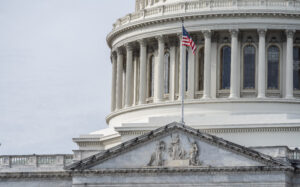
Questions About Tax Cuts, Tariffs, and Reconciliation After the Election
Fiscal pressures are likely to weigh heavily on lawmakers as they craft a tax reform package. That increased pressure could result in well-designed tax reform that prioritizes economic growth, simplicity, and stability, or it could encourage budget gimmicks and economically harmful offsets. Lawmakers should avoid the latter.
8 min read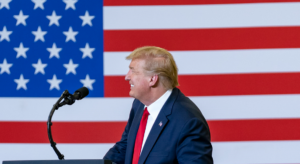
How Will Trump’s Universal and China Tariffs Impact the Economy?
President-elect Trump may want to impose tariffs to encourage investment and work, but his strategy will backfire. Tariffs will certainly create benefits for protected industries, but those benefits come at the expense of consumers and other industries throughout the economy.
5 min read
Spain’s Poorly Designed Tax Policy Hurts Its Competitiveness
Spain’s central government could learn some valuable lessons from its regional governments and other European countries about sound tax policy.
7 min read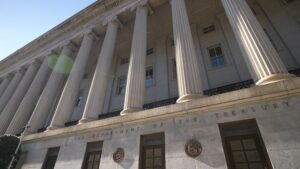
The Super-Rich Pay Super-Amounts of Taxes, New Treasury Report Finds
A new Treasury study provides data showing that the rich not only pay more than the middle class, they pay more than one-third of their annual income in federal taxes and more than 45 percent when state and local taxes are included.
7 min read
Revenue Estimates of Trump’s Universal Baseline Tariffs
Lawmakers will need to pursue fiscal responsibility as they address the tax law expirations, but fiscal responsibility requires finding sound ways to pay for spending priorities. Tariffs don’t make the cut.
4 min read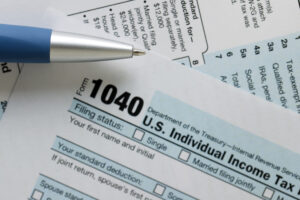
Repealing Head of Household Filing Status: Details and Analysis
As lawmakers prepare for the debate over the expiration of the 2017 Tax Cuts and Jobs Act (TCJA), they may face increasing pressure to offset the cost of lowering tax rates by changing other parts of the tax code. One potential option to raise additional revenue to cover the cost of the TCJA’s reforms—like lower rates, a larger standard deduction, and a larger child tax credit—would be to repeal the head of household filing status.
5 min read
Are Windfall Taxes Becoming the New Normal in the UK?
Even though energy prices have declined from their recent peak, the United Kingdom is one of the few countries in Europe continuing to rely on windfall profits taxes to support households with the rising cost of living.
4 min read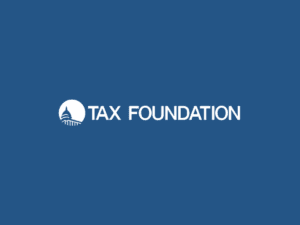
Tax Foundation Economists Mourn the Loss of Our Mentor in Tax Policy: Gary Robbins
On behalf of the entire Tax Foundation family, we want to thank Gary Robbins for his five decades of bucking the conventional wisdom and saying, “why not?”
4 min read
Harris’s America Forward Plan Should Cover Whole Economy, Not Just Favored Industries
Investment matters across the economy, and policymaking should reflect that.
4 min read
Taxes in the Internet Age
Today marks 55 years since two students sent the first message across the Advanced Research Projects Agency Network (ARPANET) between computers at four universities, which would later become the internet we enjoy today.
5 min read